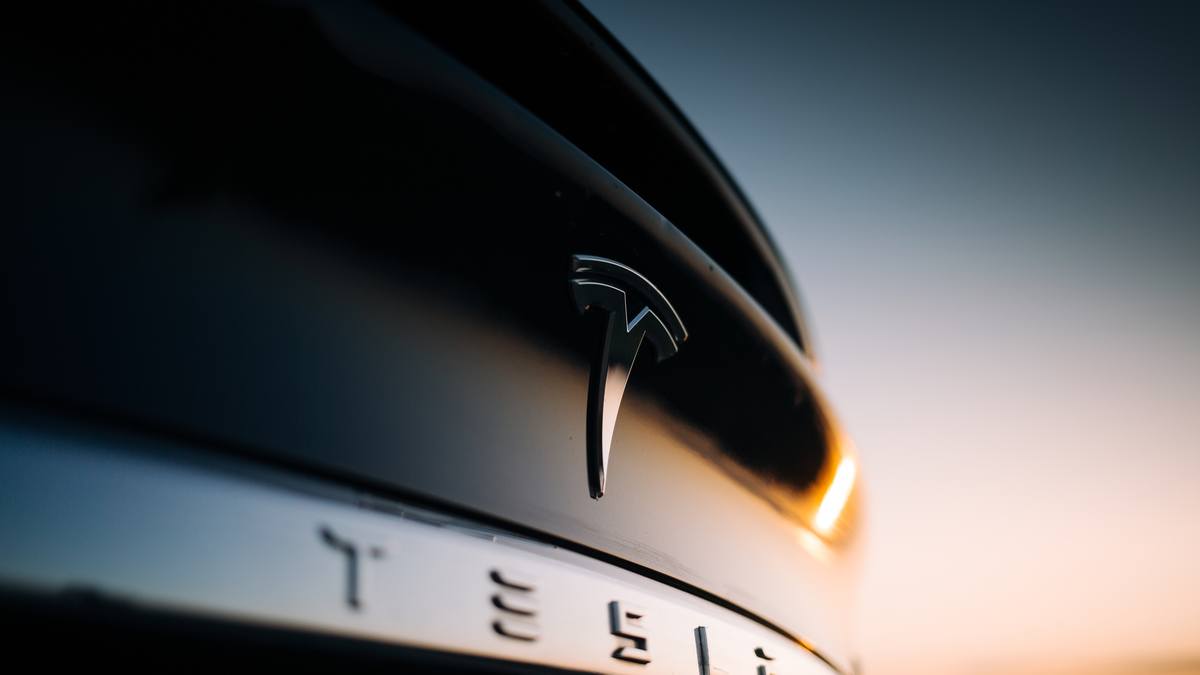Tesla solidifies its partnership with Chinese web services giant Baidu to upgrade its mapping software in China.
It marks a significant advancement towards Tesla’s goal of launching the Full Self-Driving (FSD) suite in the Chinese market.
Baidu offers navigation services to Tesla EVs
On June 8, 2024, Baidu formally announced that it would offer its lane-level navigation services to Tesla electric vehicles in China.
The Chinese tech giant believes that its innovative navigation services would provide more detailed data to drivers, such as lane recommendations ahead of upcoming turns, further improving the safety of Tesla EVs.
“With the support of Baidu’s lane-level map, Tesla’s navigation can accurately render lane changes on the road the user is currently on, upgrading from providing road-level guidance to providing lane-level guidance.”
Baidu
Partnership progress
Baidu recently launched its Map V20 real lane-level navigation in all the electric vehicles with AMD car machine chips under Tesla’s S3XY portfolio.
The software update officially launched on June 7, enabling many Tesla owners to eliminate the need for a mobile phone and “experience the hand-car integration, real-time, accurate, safe and efficient intelligent navigation service.”
The partnership would eliminate an obstacle for the American automaker as Baidu has crucial mapping credentials that the former can utilize for its driver-assistance functions.
Tesla’s FSD push in China
Chinese regulations require all autonomous driving systems to have mapping qualifications before operating on public roads.
Foreign automakers must team up with licensed Chinese companies to gain qualification for surveying and mapping.
Therefore, Baidu will aid Tesla in its plans to launch its FSD on Chinese roads while its EVs collect key data such as road layout, traffic signs, and buildings.
Tesla’s intensified FSD push in China is unsurprising, given that it can offer a new revenue stream for the company. Tesla has been having a hard time in the Chinese market due to the surge of low-cost China-made EVs, prompting it to also reduce the pricing of its offerings to boost sales.

